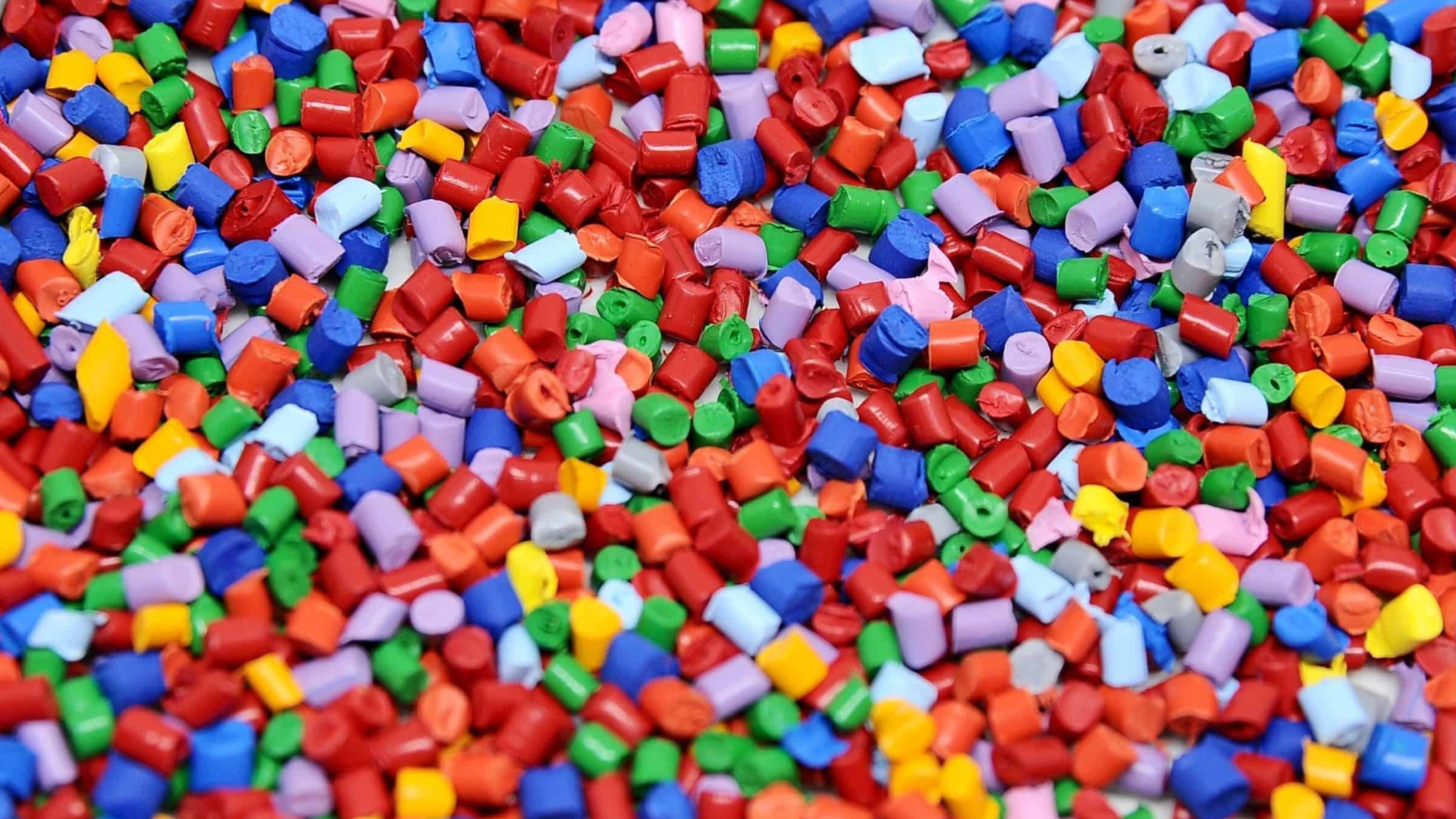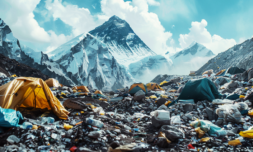In recent years, scientists have experimented with using special fungi and unique bacteria to help break down the pesky plastics polluting our planet. Now, they’ve discovered a new weapon for their arsenal: yeast.
Plastics may have served humans well in countless different scenarios over the last few decades, but their durability has resulted in us facing an environmental nightmare.
One type of plastic – polyolefin – is of particular concern. It is found in everything from flimsy shopping bags to automobile parts and is notorious for its resistance to degradation, clogging up landfills and littering our surrounding environment.
Like most plastics, polyolefins contain a myriad of toxic chemicals, posing a significant threat to the natural world as well as human health. Figuring out how to deal with them has insofar been a difficult feat for scientists and biologists alike.
In a twist of fate though, one group of researchers have discovered that one humble microorganism – yeast –could hold the key to addressing our polyolefin predicament.





















